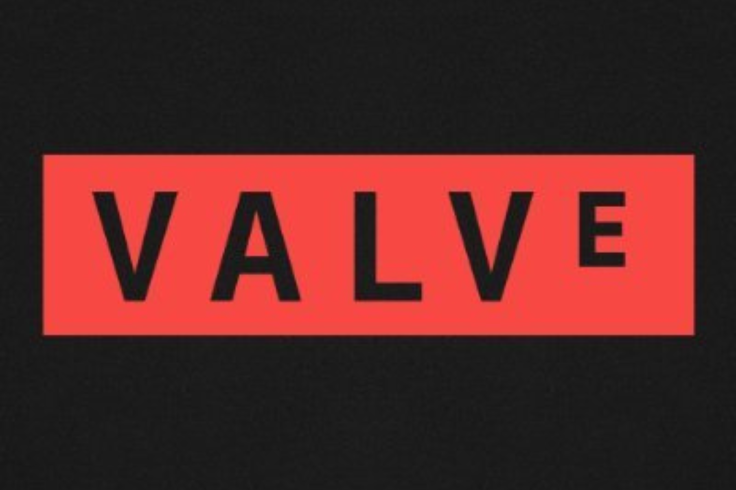Valve Staff Out-Earn Google, Apple and Meta Workers on a Per-Employee Basis — Here's How Much They Make
Co-founder Gabe Newell articulated, 'At Valve, the goal is to remove perverse incentives that arise in hierarchical structures...'

In 2025's booming PC gaming landscape, Valve Corporation has shattered records by amassing £11.08 billion ($17 billion) in revenue through Steam's unyielding digital distribution prowess. With a lean team of 350 staff, the company generates £32.59 million ($50 million) per employee, eclipsing the collective revenue generation of Google, Apple, and Meta.
As organisational autonomy redefines modern work, Valve's model spotlights why flat hierarchies and digital economies propel unprecedented value in a post-pandemic talent war.
Steam's Digital Empire: Driving £11.08 Billion in 2025 Revenue
Valve's Steam platform has already surged past £10.56 billion ($16.2 billion) in 2025 earnings, on course for its full-year haul with minimal headcount growth since 2012's average of 350 employees. This efficiency stems from Steam's role as a self-sustaining marketplace, handling payments, social graphs, and content delivery for millions, while commissions compound without proportional staff hikes.
Independent analyses from Bloomberg highlight how Valve's avoidance of bloated hierarchies—eschewing managers since 2012—has fostered creativity. Game development remains stable at under 100 personnel, while administration hovers near 250. A report on 21 November 2025 underscores Steam's monopoly-like grip, capturing 75% of the PC gaming market and outpacing rivals like Epic's store by over 25-fold in third-party transactions.
This flywheel effect, blending user-generated content with algorithmic discovery, ensures revenue per employee soars. As one gaming analyst posted on 22 November 2025: 'Valve isn't efficient. Valve is post-efficiency. You don't hit these numbers by being good. You hit them by escaping the gravitational pull of corporate physics entirely.'
⚡️Valve is more than just a tradional company.
— SightBringer (@_The_Prophet__) November 22, 2025
Most companies optimize for:
•headcount leverage
•managerial hierarchy
•process repeatability
•predictable output
•scalable labor
Valve did none of this.
They optimized for a fundamentally different variable:
pure value… https://t.co/YaROK28MiX
Such dynamics position Steam not merely as a store, but a sovereign ecosystem, validating Valve's £32.59 million ($50 million) benchmark against traditional media giants.
Lucrative Paycheques: £847,000 Average Compensation Fuels Talent Retention
Valve disbursed £293.2 million ($450 million) in 2025 salaries, equating to a weighted average of £847,000 ($1.3 million) per employee—far exceeding industry medians for peers and incorporating stock grants that vest over years. Levels.fyi data from 1 October 2025 reveals senior engineers at £206,000 ($375,000) total, but Valve's equity-heavy model amplifies this, drawing top talent without micromanagement.
At the heart of Valve's success lies its pioneering flat structure, eliminating managers since 2012 to promote high autonomy and creativity. Employees self-select projects, fostering an environment where innovation thrives without hierarchical constraints – a boon in the dynamic gaming landscape.
Co-founder Gabe Newell explained, 'At Valve, the goal is to remove perverse incentives that arise in hierarchical structures.' Experts laud this as emblematic of flat-structure benefits in 2025, with recent studies showing such models boost productivity by up to 30% in creative industries.
Outpacing Tech Titans: Valve's Edge Over Google, Apple, Meta
Valve's benchmark-shattering £32.59 million ($50 million) per employee is rippling across sectors, compelling tech titans to reassess scaling strategies amid economic pressures.
Trending queries on 'profit per head gaming' reflect investor intrigue, as Valve's efficiency bolsters its valuation in a market eyeing £435.44 billion ($668.8 billion) by 2030. Verified gaming analyst @Pirat_Nation observed on 4 July 2025, 'Valve's reported profit-per-head from Steam commissions is out there, and at $3.5 million per employee it makes Apple and Facebook look like a lemonade stand.'
Valve's reported profit-per-head from Steam commissions is out there, and at $3.5 million per employee it makes Apple and Facebook look like a lemonade stand pic.twitter.com/725Cdhgh2u
— Pirat_Nation 🔴 (@Pirat_Nation) July 4, 2025
This sentiment echoes broader shifts towards AI-augmented workflows, potentially disrupting traditional employment models and inspiring leaner structures across entertainment. As the industry evolves, Valve's playbook could catalyse a renaissance in efficient, player-focused development.
© Copyright IBTimes 2025. All rights reserved.





















